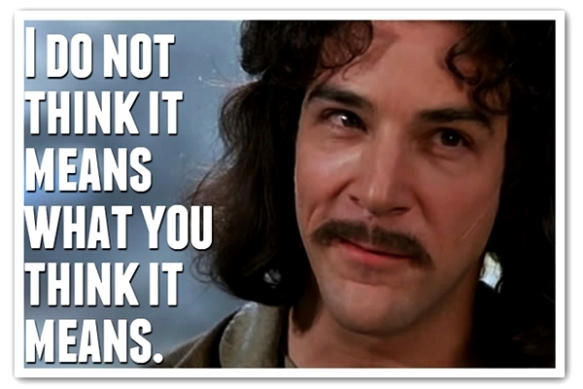I agree with you here. Because I don't think SCOTUS will touch this impudence for right now. There is no plaintiff or defendant or formal challenge before them, only impudence. But what I agree what they can do for now is keep reinforcing HELLER.
Right now the HSSC ruling means nothing until their legislature or their law enforcement takes action based on that ruling. However there is the temptation for this cancer to spread to other courts. Some courts are already defying HELLER (don't we know!), but what I mean by the cancer spreading is open defiance rather than a thinly veiled faux adherence to HELLER and BRUEN backed up with fancy, wordy rulings that fly in the face of those two decisions. Other courts may be emboldened to rule in open defiance and then we will actually have the 'constitutional crises' that we've been hearing about for years.
So the danger I see in this ruling is not an impudent, conceited, inarticulate and childish, high school level judgment, but rather the potential for a new more widespread attack on the 2nd amendment, a new push to re-write HELLER as you say in favor of the decent. Or even barring that, open rebellion by courts just declaring that the HELLER dessent was correct.
Right now the HSSC ruling means nothing until their legislature or their law enforcement takes action based on that ruling. However there is the temptation for this cancer to spread to other courts. Some courts are already defying HELLER (don't we know!), but what I mean by the cancer spreading is open defiance rather than a thinly veiled faux adherence to HELLER and BRUEN backed up with fancy, wordy rulings that fly in the face of those two decisions. Other courts may be emboldened to rule in open defiance and then we will actually have the 'constitutional crises' that we've been hearing about for years.
So the danger I see in this ruling is not an impudent, conceited, inarticulate and childish, high school level judgment, but rather the potential for a new more widespread attack on the 2nd amendment, a new push to re-write HELLER as you say in favor of the decent. Or even barring that, open rebellion by courts just declaring that the HELLER dessent was correct.





Comment